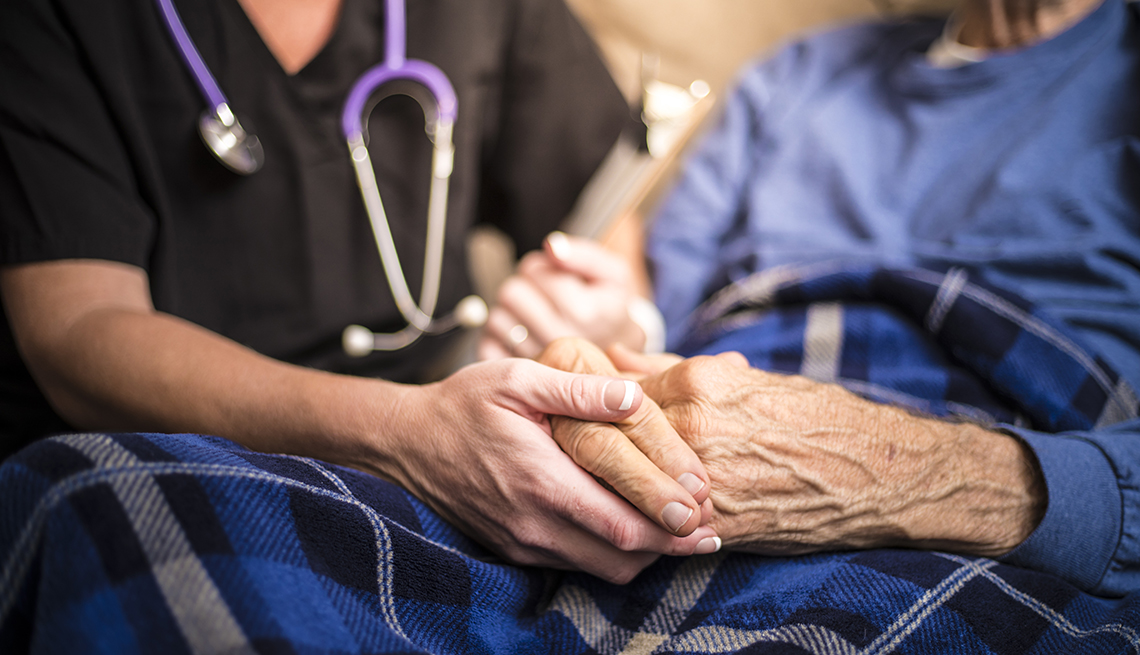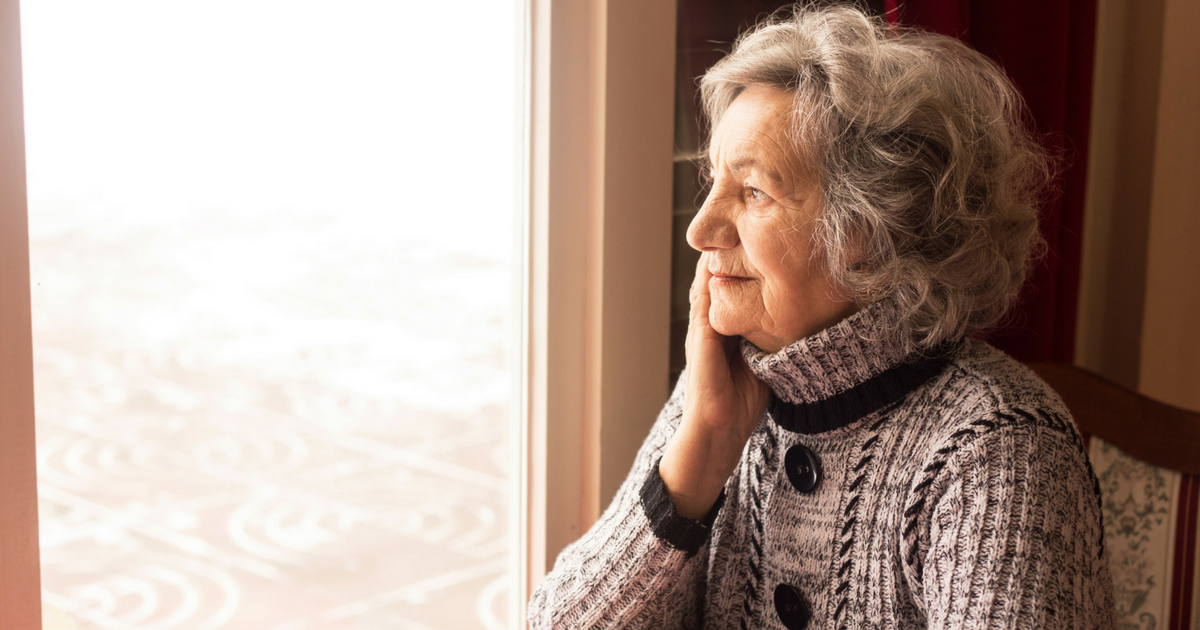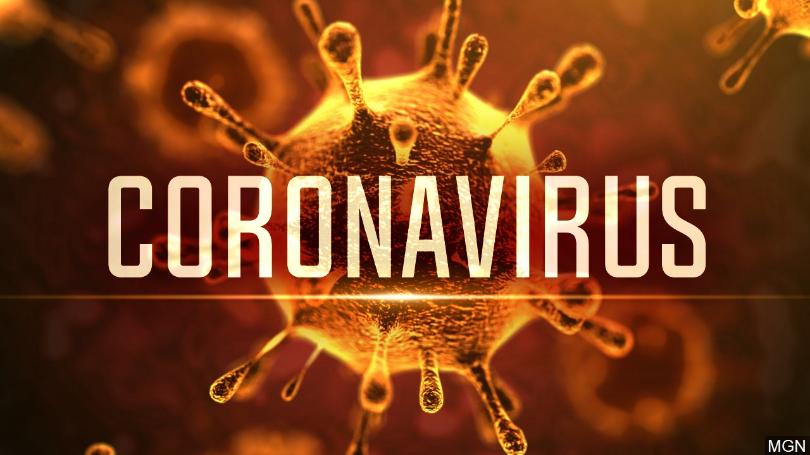There has been a dearth of new drugs and treatment options for those suffering from Parkinson’s Disease. It’s extremely debilitating and often comes with the unfortunate side effect of dementia. However, the Michael J. Fox Foundation and other organizations have recently come up with options for the disease which impacts 1 million Americans and for which 60K new cases are diagnosed each year. In the three decades since Michael J. Fox was diagnosed with the disease, it has become the fastest growing brain disease. Only Alzheimer’s disease has more victims. Thanks to an explosion of funding for the disease (Michael J. Fox Foundation has provided $1 billion in funding since its formation in 2020 and the National Institutes for Health (NIH) provided $242 million in funding in 2020) “we have turned the corner,” according to Haydeh Payami, a professor of neurology and genetics at the University of Alabama’s Birmingham School of Medicine. Some highlights of recent development include:
- In 2018 a clinical trial found that high-intensity treadmill workouts three times a week meaningfully slowed the progression of Parkinson’s during the six months of the study.
- Significant research has been done on personalized genetic medicine. Dozens of genetic misfires are now suspected of being responsible for Parkinson’s disease. You can find clinical trials at clinicaltrials.gov.
- A huge observational study called the Parkinson’s Progressive Markers Initiative (PPMI) is trying to find cases early by monitoring symptoms that sometimes precede the typical tremors such as loss of sense of smell, constipation and sleeping disorders. The study is targeting enrolling 4,000 people in person and a whopping 500k online to identify markers that can lead to new treatments.
- The biggest success has been with surgically implanted brain stimulators which use electrical impulses to improve symptoms such as tremors and rigidity. In 2020, the FDA approved Medtronic’s new stimulator with BrainSense Technology. It can sense and record the brain’s electrical signals. It is now in clinical trials for something called ADAPT-PD which is testing whether the BrainSense technology recordings can be used to adjust stimulation automatically.
https://www.aarp.org/health/brain-health/info-2021/parkinsons-research.html










